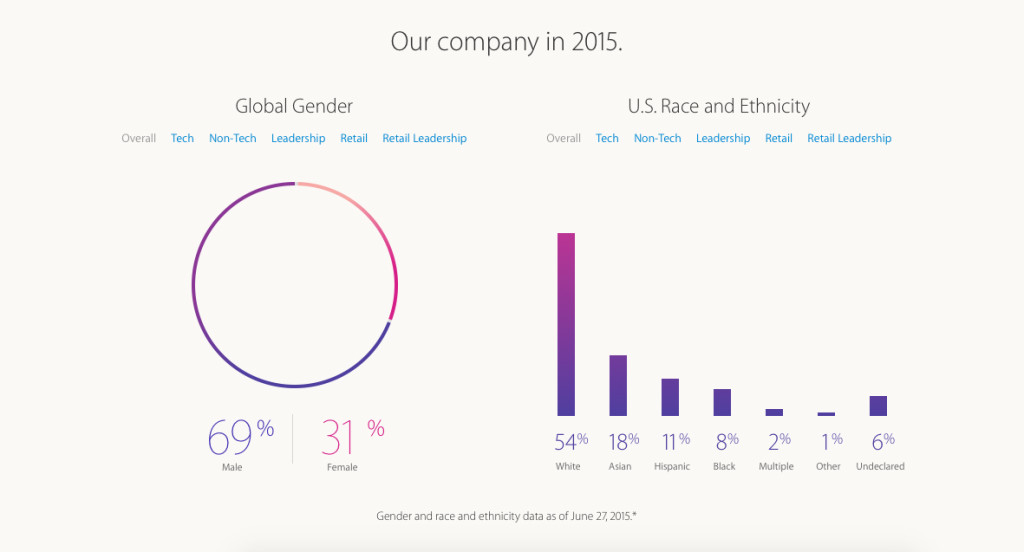
- When Acquiring a Company, Don’t Forget About the People
Goal setting is proven to have a positive impact; according to McKinsey, 91 percent of companies that have effective performance management systems say that employee goals are linked to business priorities. Goals have the power to encourage and motivate people, whether they’re employees, investors or the board of directors. Give your team challenging, yet achievable targets to help push them in the right direction and encourage them to continue performing even when they’re dealing with new people and initially unfamiliar technologies or processes.
- 3 Warning Signs Your Mentor Is Not Helping You
If your mentor doesn’t challenge you to tackle your weaknesses and overcome your fears, your mentor is satisfied with the status quo — which isn’t good enough for you! Building a company requires doing the stuff we love and the stuff we wish we could hire someone else to do. If your mentor is worth her salt, she will push you to grow into your weaknesses and throttle past the challenges that scare you.
Takeaway: I’ve often heard mentors working with startups in our accelerator respond to questions with questions. Mentors don’t have to have all of the answers — but they do need to know how to ask the right questions. This requires a mentor to slow down, listen and focus on you and your startup.
- Why Facebook and news orgs are sworn frenemies
- That ‘Bad’ Interviewee You Just Talked to May Be the Perfect Match for Your Job Opening
That afternoon, however, reality set in, in the form of close to ten disappointing phone calls.
Picking up my phone once more, I made my final call — to the most unlikely candidate of the bunch. And, within two minutes, I was floored: This guy was quizzing me on my knowledge of our business space. Not only that, but he was also asking about my personal relationships with competitors. Huh?
Calling around to other founders after the interview, I quickly uncovered a strong consensus based on those founders’ individual experiences: This candidate’s comments weren’t weird or unwelcome, they said. In fact, they considered the best salespeople to be the ones who quizzed them.
- I want to work in these cubicles of the future
Rapt’s designers envisioned a concept in which everyone gets a private space to work when they want it. But there’s a catch: Each private cubicle sits on short legs, enabling small warehouse robots to scuttle around underneath them. Then, the robots can pick up the cubes and move them around the office based on what each person and team needs for the day. For instance, if you have a day of heads-down work, you’d get assigned a private cubicle so you can focus. If you have a day full of meetings, and you don’t need private space, your cube combines with other cubes to create a larger space in which to work with your colleagues. The robots shift the office in real time to make this happen.
https://www.fastcompany.com/90262512/i-want-to-work-in-these-cubicles-of-the-future

Photo by Wade Austin Ellis on Unsplash






